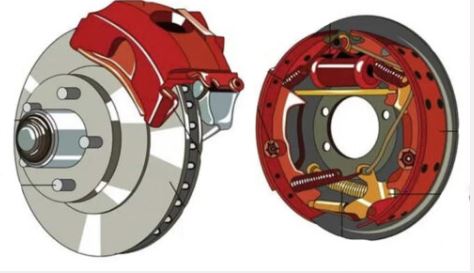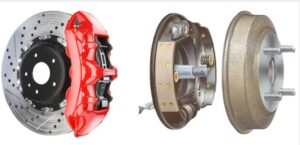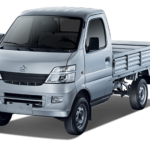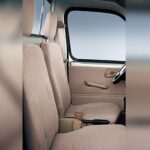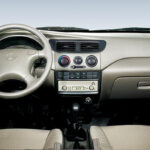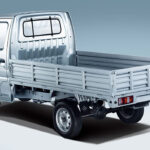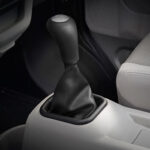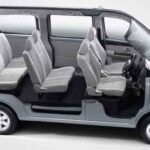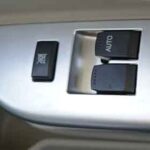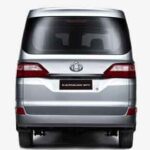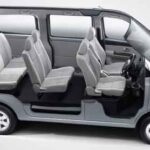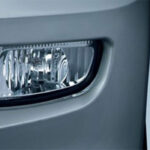Which is Better for Your Vehicle?
Braking systems are a crucial part of vehicle safety, ensuring that a vehicle can slow down or stop effectively when needed. The two most common types of braking systems are disk brakes and drum brakes. While they serve the same purpose, they work differently and have distinct advantages and disadvantages. In this guide, we’ll break down the differences and help you decide which braking system is better for your vehicle.
How Do Disk Brakes and Drum Brakes Work?
Disk Brakes
Disk brakes use a rotor (also known as a disc) attached to the wheel. When the brake pedal is pressed, the calipers squeeze brake pads against the rotor, creating friction that slows down the vehicle. This type of braking system is commonly found in modern vehicles, especially on the front wheels.
Drum Brakes
In contrast, drum brakes use brake shoes inside a drum. When the brake pedal is pressed, the shoes expand outward and press against the inner surface of the drum, generating friction and slowing the vehicle down. Drum brakes are typically used on the rear wheels of some cars.
Advantages of Disk Brakes vs Drum Brakes
Advantages of Disk Brakes:
-
Better Heat Dissipation: Disk brakes are exposed to air, which allows them to cool down more quickly and reduce the risk of overheating.
-
Superior Stopping Power: Disk brakes provide more effective braking, especially in emergency situations where quick stopping is crucial.
-
Better Performance in Wet Conditions: Water can easily drain off disk brakes, helping to maintain braking efficiency in rainy weather.
-
Easier Maintenance: Disk brakes are easier to inspect, maintain, and replace compared to drum brakes.
Advantages of Drum Brakes:
-
Lower Cost: Drum brakes are cheaper to manufacture and maintain, making them a cost-effective option for many vehicles.
-
Longer Lifespan: Because drum brakes distribute braking force more evenly, they generally wear out more slowly than disk brakes.
-
Effective Handbrake Functionality: Drum brakes offer better performance when it comes to parking brake or handbrake functionality.
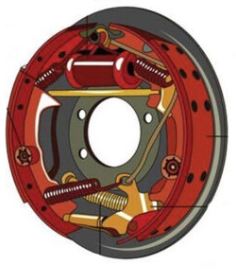
Disadvantages of Disk Brakes vs Drum Brakes
Disadvantages of Disk Brakes:
-
Higher Cost: Disk brakes are more expensive due to the materials and design used, which increases the overall cost of the braking system.
-
Faster Wear and Tear: Disk brake pads tend to wear out more quickly, requiring more frequent replacement compared to drum brakes.
Disadvantages of Drum Brakes:
-
Poor Heat Dissipation: Drum brakes trap heat, which can lead to reduced braking efficiency over time as they are more prone to overheating.
-
Less Effective in Wet Conditions: When water accumulates inside the drum, it can reduce braking power and overall performance.
-
Slower Response: Drum brakes take longer to engage compared to disk brakes, making them less responsive in critical situations.
Disk Brakes vs Drum Brakes in SUVs
SUVs typically require more powerful braking systems due to their larger size and heavier weight. While some budget-friendly SUVs still use drum brakes on the rear wheels, most high-performance models opt for disk brakes on all four wheels. Disk brakes offer better control, reliability, and overall safety in these larger vehicles.
Maintenance: Disk Brakes vs Drum Brakes
Disk Brake Maintenance
Disk brakes require regular inspection of brake pads and rotors. Over time, rotors may need to be resurfaced or replaced to maintain optimal performance.
Drum Brake Maintenance
Drum brakes require occasional replacement of the brake shoes, and the drum itself should be cleaned periodically to prevent dust and debris buildup, which can affect braking performance.
Are Drum Brakes Still Used in Modern Cars?
Yes, drum brakes are still used in many modern vehicles, especially in budget-friendly or smaller cars. These vehicles often feature drum brakes on the rear wheels due to their cost efficiency. Some vehicles may also use a combination of both braking systems, depending on the model.
Can You Upgrade from Drum Brakes to Disk Brakes?
It is possible to upgrade from drum brakes to disk brakes, but the process typically involves modifications to your vehicle. While the upgrade can enhance braking efficiency, especially in high-performance vehicles, it does require both time and expense to complete.
Frequently Asked Questions (FAQs)
-
Which is better, Disk or Drum Brakes?
Disk brakes are generally considered better due to their superior stopping power, heat dissipation, and performance in wet conditions. -
What are the 2 advantages of disk brakes over drum brakes?
-
Faster cooling to prevent brake fade.
-
More reliable braking in emergency situations.
-
-
Why are drum brakes not used as much anymore?
Drum brakes are less effective in high-performance and heavy vehicles due to overheating issues and slower response times. -
Do any modern cars use drum brakes?
Yes, many economy cars and base models still use drum brakes on the rear wheels to reduce costs. -
Which braking system is best?
For most vehicles, a combination of front disc brakes and rear drum brakes provides a balance of performance and affordability. -
What is the biggest problem with drum brakes?
Drum brakes retain heat, which reduces braking performance over time and can cause the brakes to overheat during heavy use. -
Can I change drum brakes to disc brakes?
Yes, upgrading to disk brakes is possible, but it requires modifications and can be costly. -
Which brake is most efficient?
Disk brakes are the most efficient because they offer better cooling and immediate stopping power. -
Do drum brakes last longer than disk brakes?
Yes, drum brakes generally last longer because they wear down more slowly compared to disk brakes. -
Why are drum brakes still used if they are inferior?
Drum brakes are cheaper to manufacture and provide adequate braking for many standard vehicles.
In conclusion, whether you choose disk or drum brakes depends on your vehicle’s needs, your budget, and your driving habits. While disk brakes are often superior in terms of performance and efficiency, drum brakes still have their place in budget-conscious vehicles.

